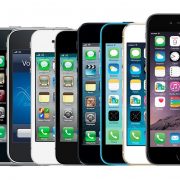Andrew Ng has likened Artificial Intelligence to be as important to us as electricity in the years to come, as crazy as that sounds, our ancestors probably thought the same as electricity.
Our work life will be different and AI will be far more competitive than any human, it will require us to sharpen up our mental skills!
Whilst experts believe that we will still be required to do jobs that are very important and carry a lot of weight to it, just because robots/AI don’t have the same emotional attachment/engagement than that of a human. Whilst the challenge for us would be because we as humans like to seek confirmation and things that confirm what we think of ourselves. Thus holding us back. To over come this would require us to take the things w take for granted like thinking and listening to a new level.
Thus in time, our definition of “smart” (good grades) will begin to change. Smart will become the people who make the least amount of mistakes in life.
AI is incredible in that sense as we cannot do things quicker/recall information/produce alternative occurrences of an event than a super computer or any time of AI, it’s just too good.
A new definition of smart will promote a new way of thinking, it won’t be what you know, but it will be how good your skills are. Quantity of knowledge replaced by quality. Thus, in turn, forcing us to get better at cognitive and emotional skills. Adjusting after mistakes, learn emotional intelligence, letting go of the ego. Making us perceive reality a lot easier and not what we want it to be. Embracing what it means to be human, in turn, living alongside smart technology.











